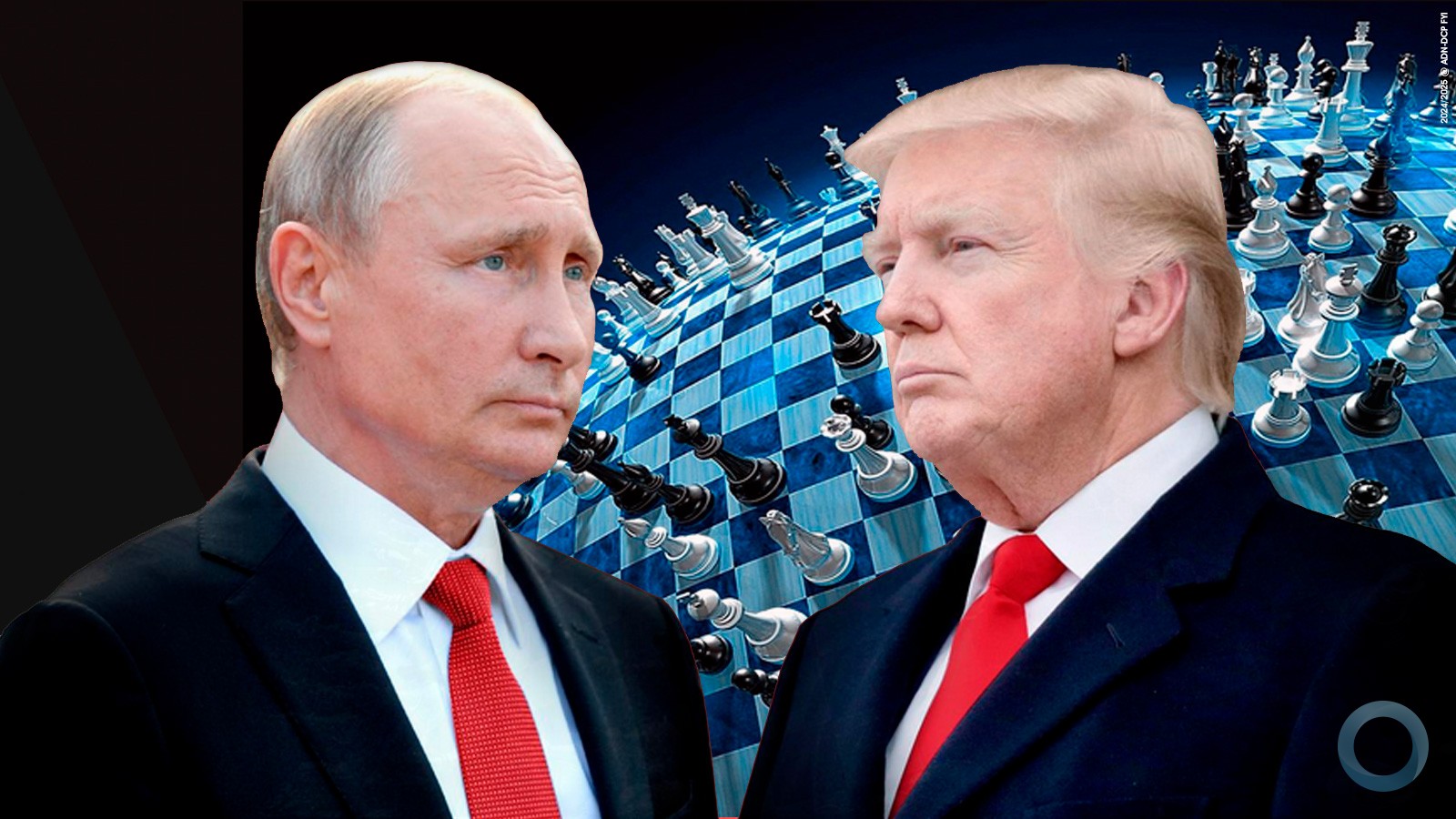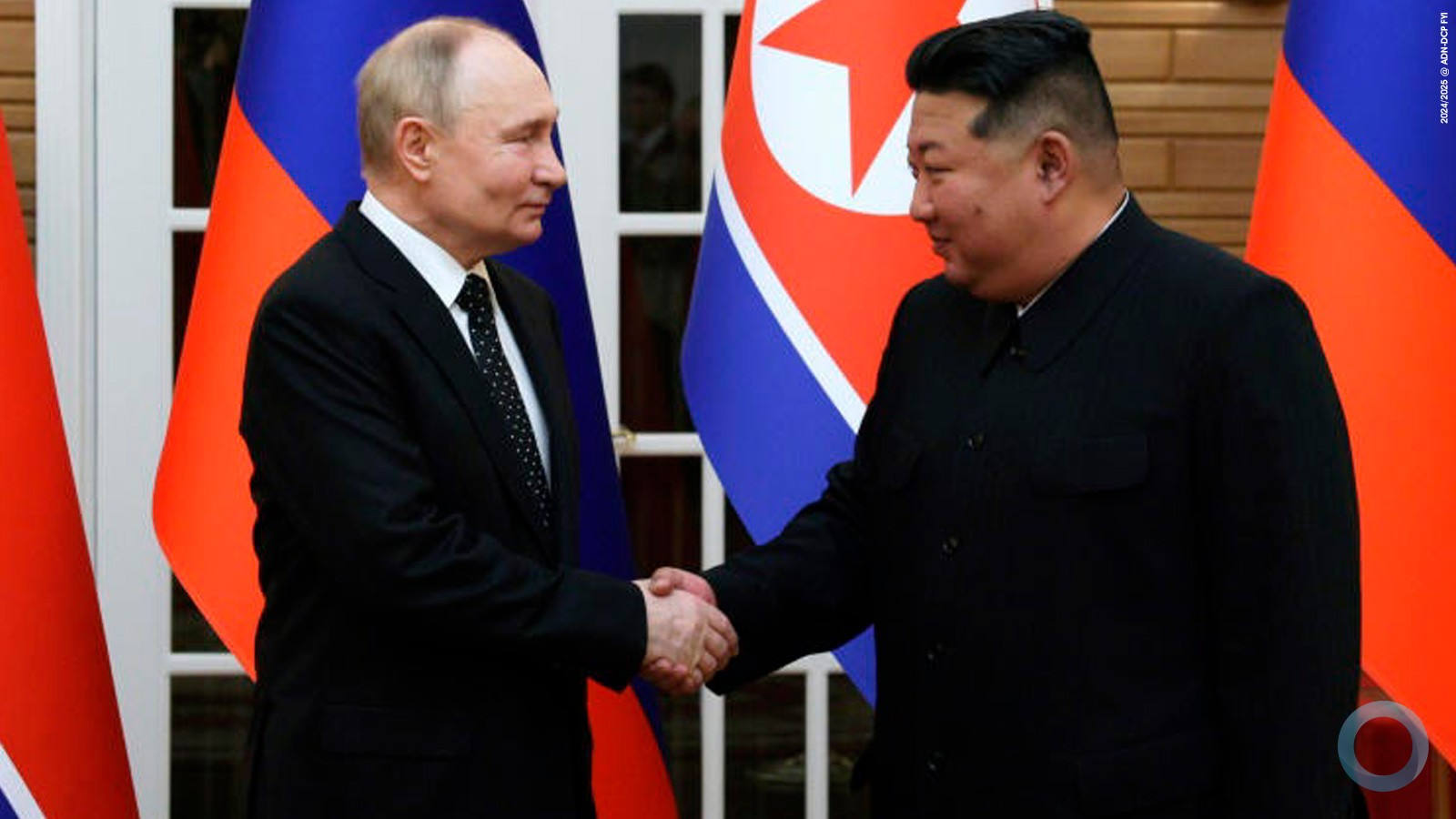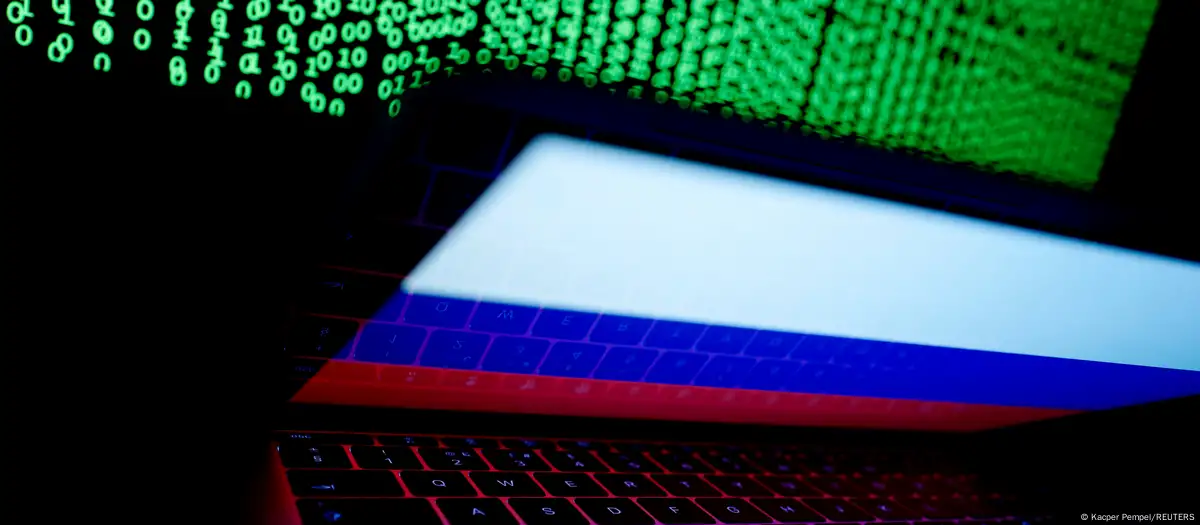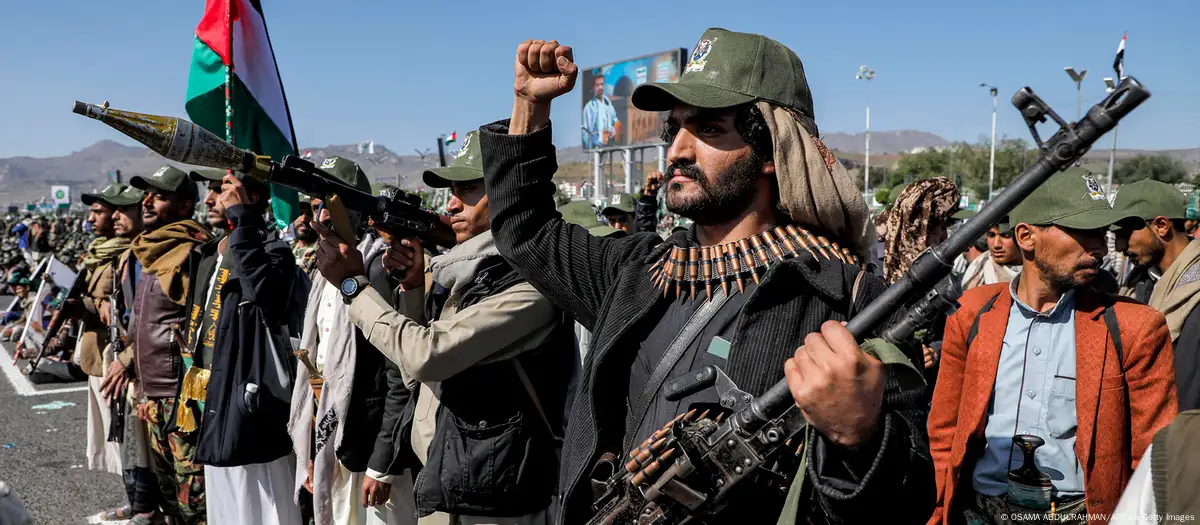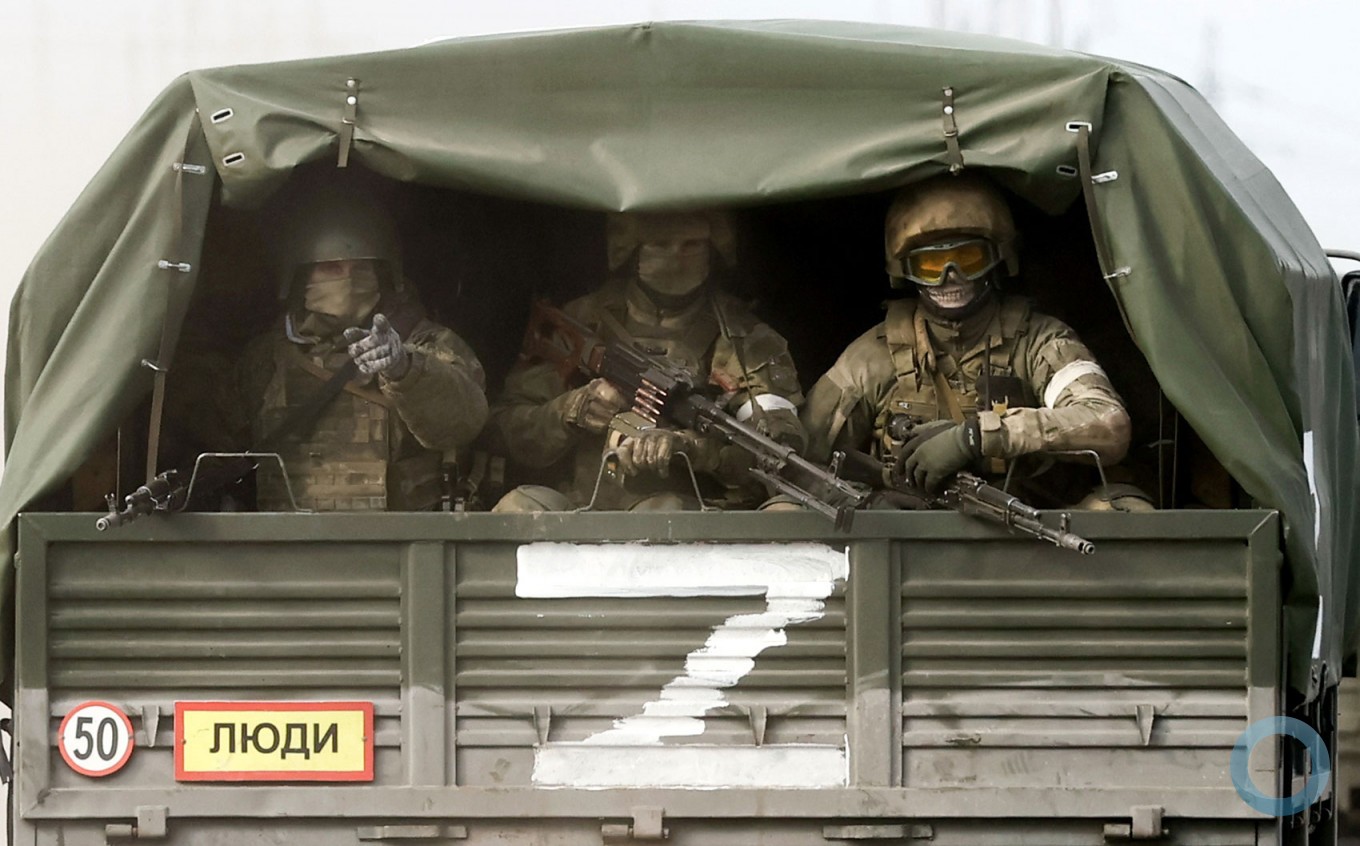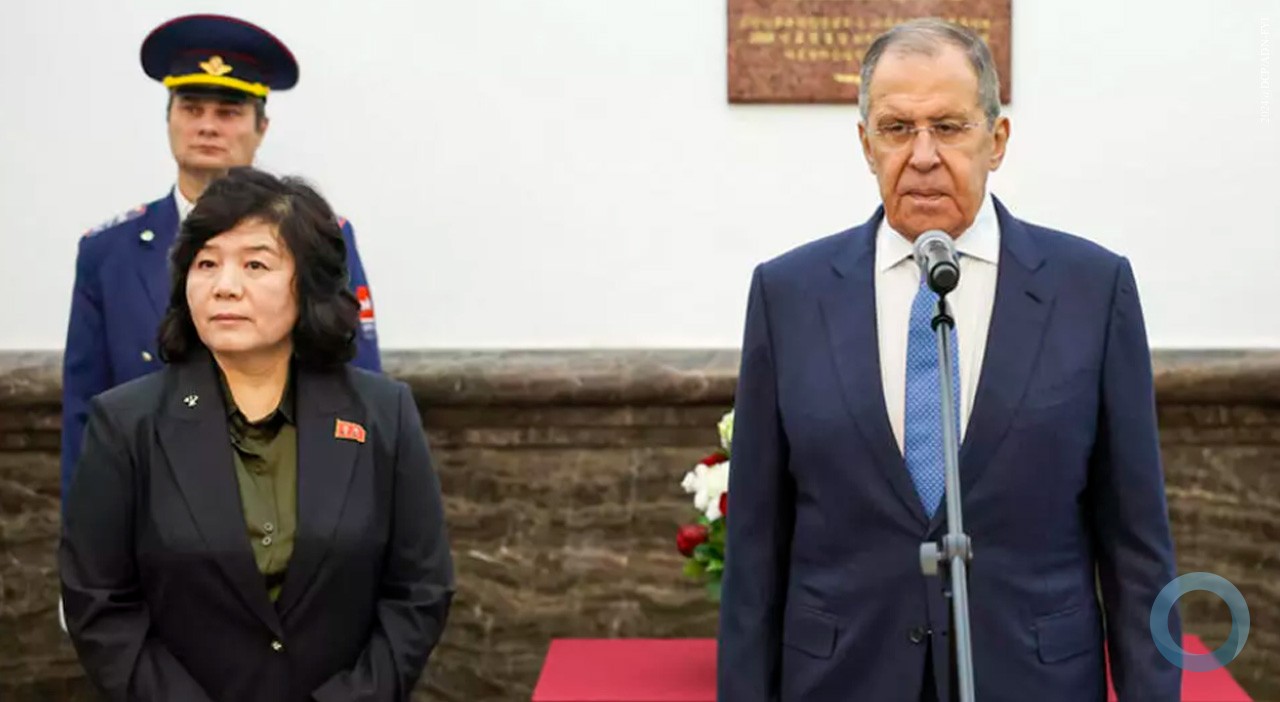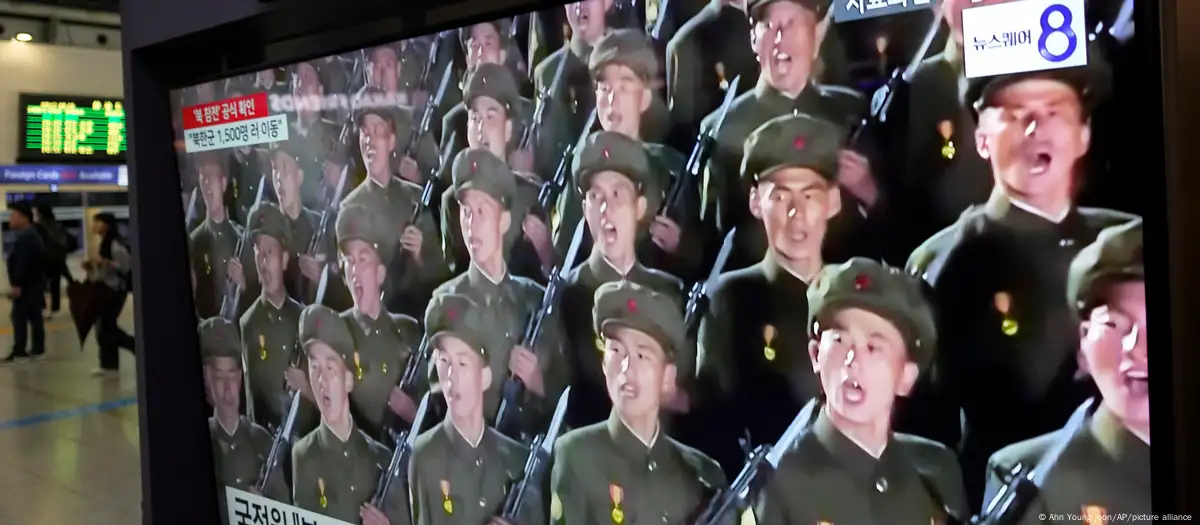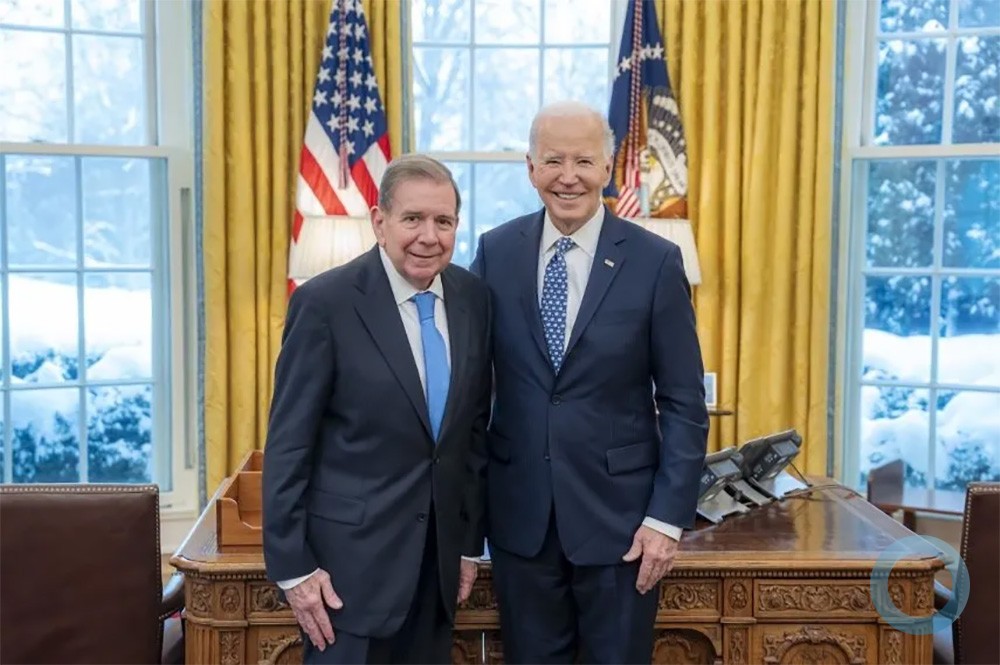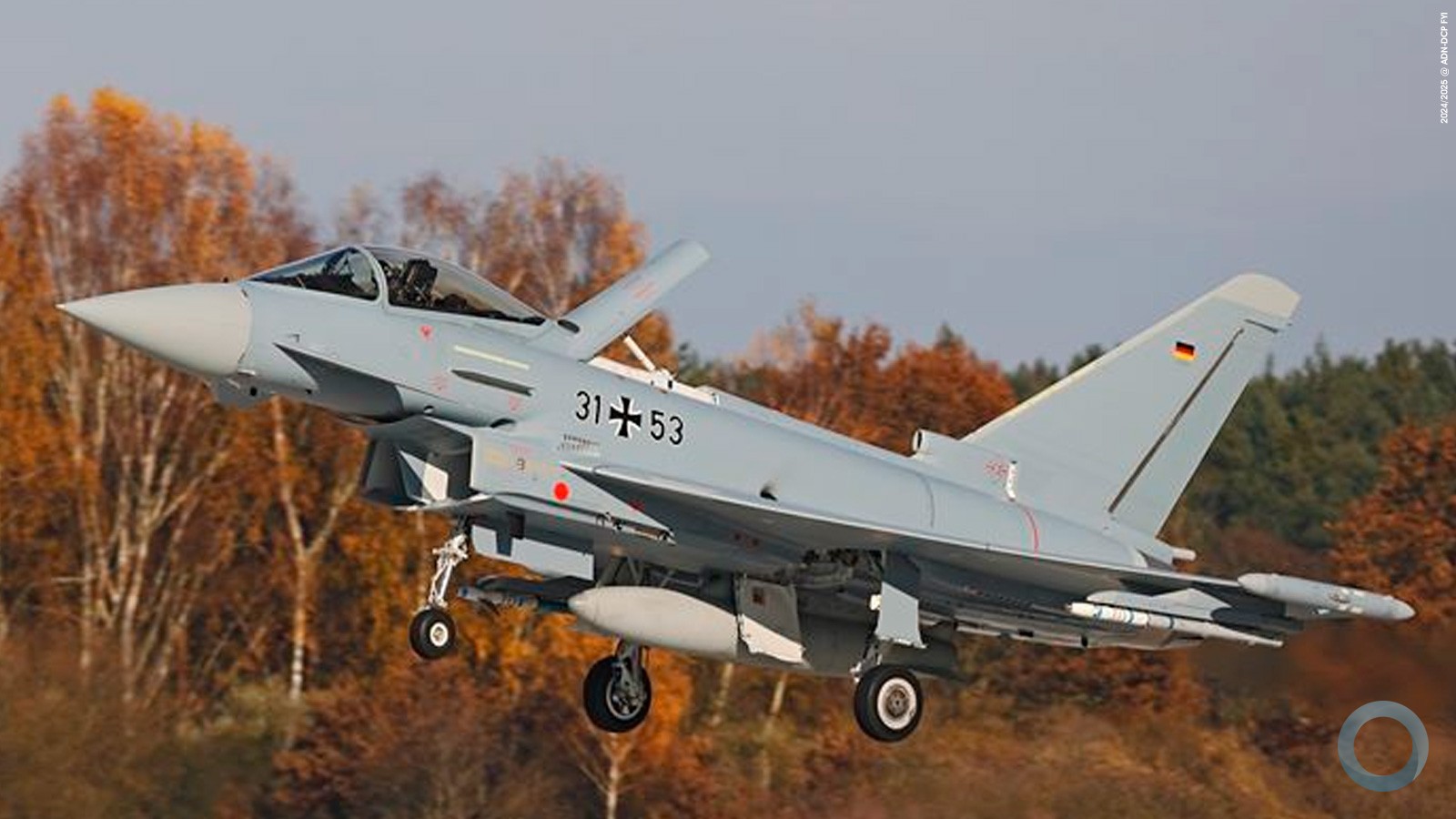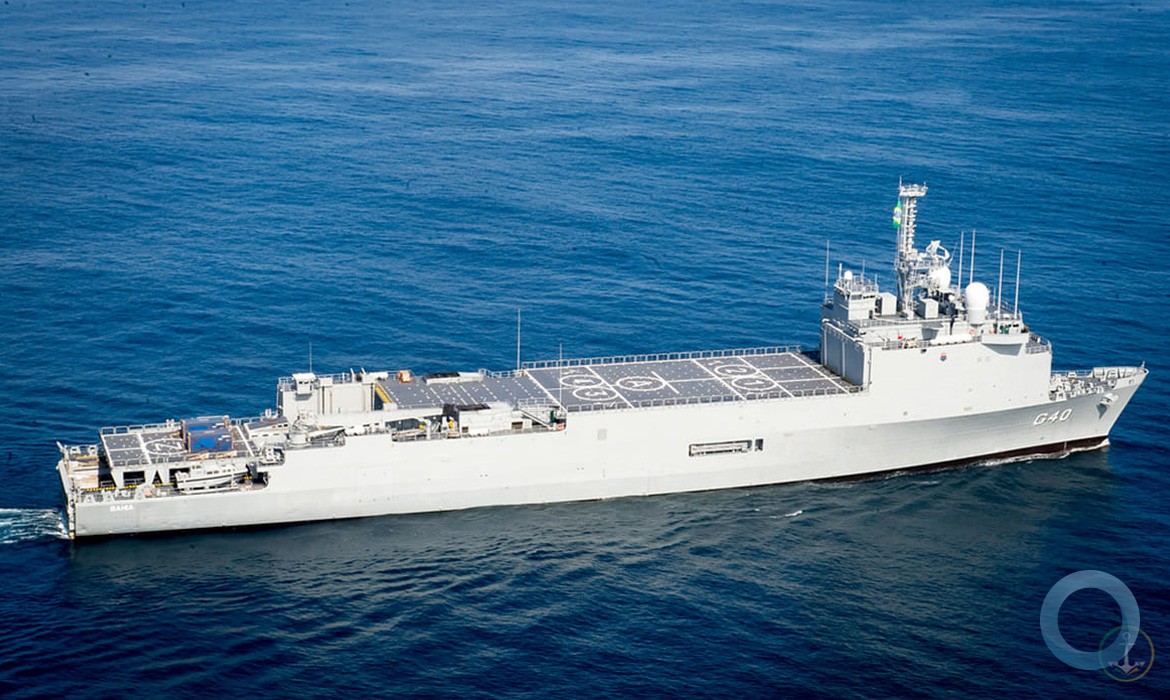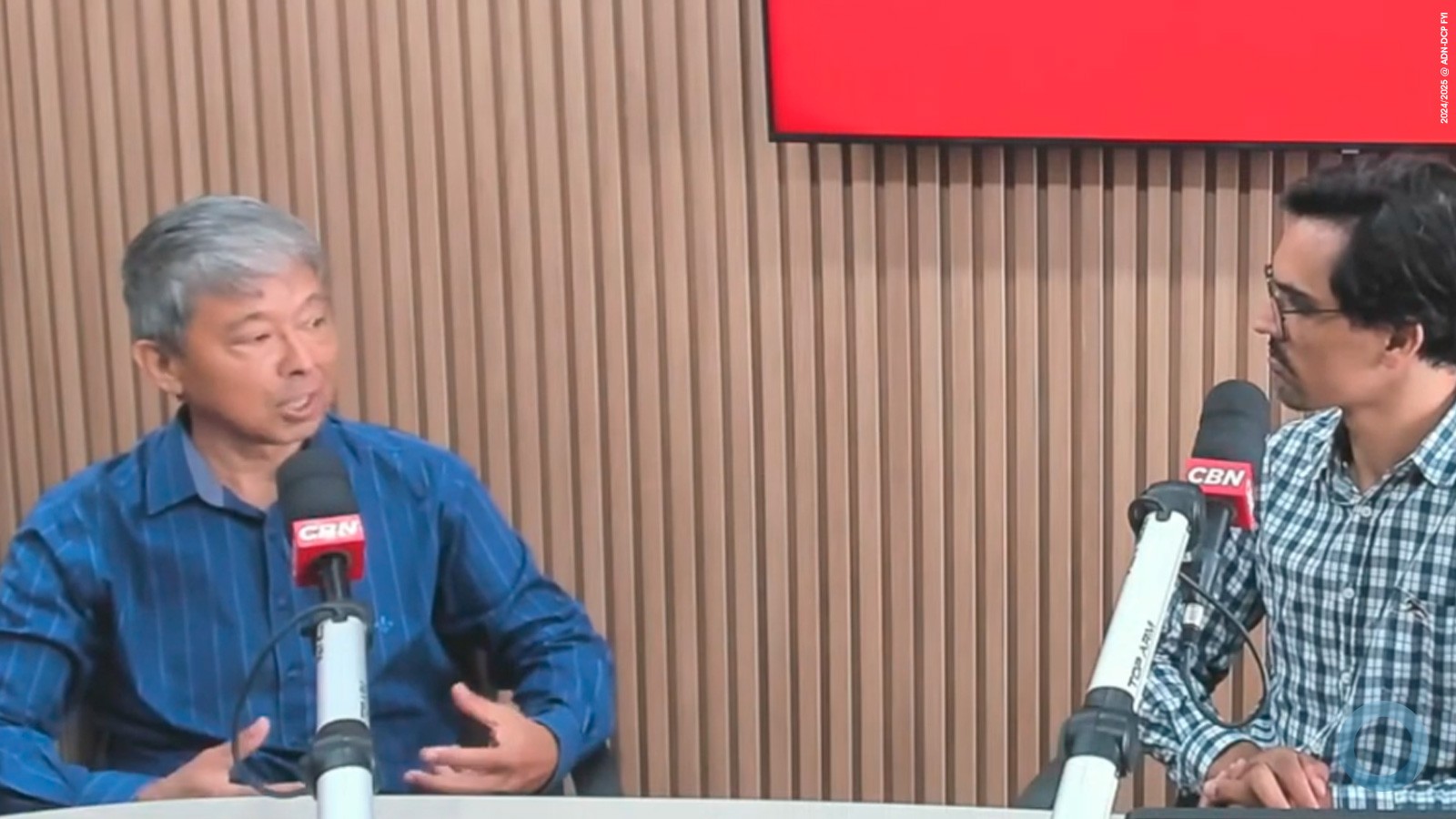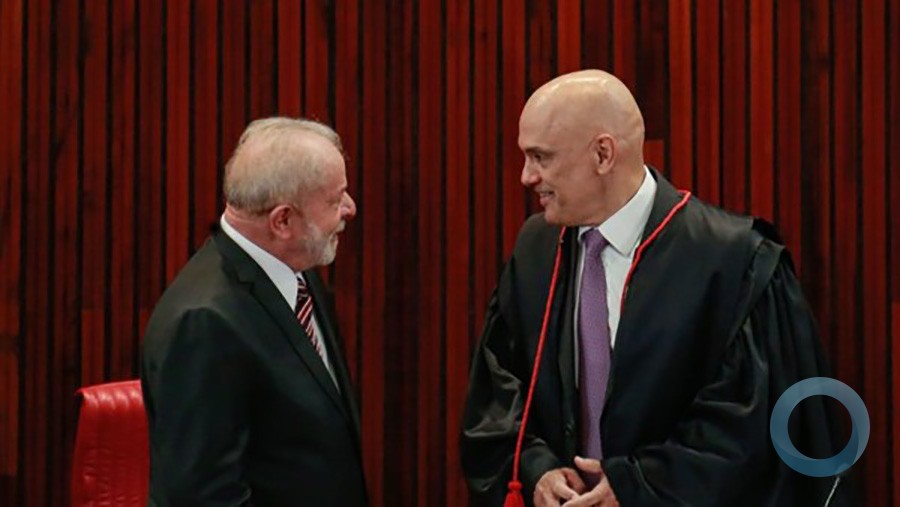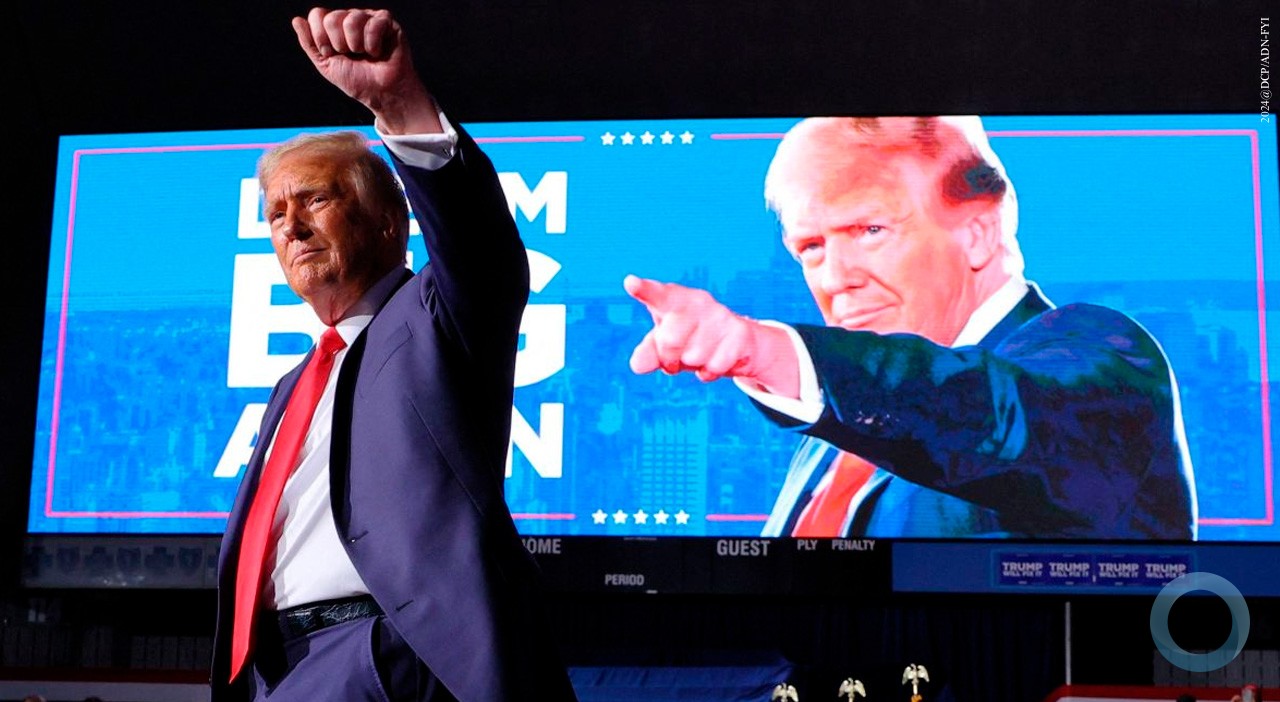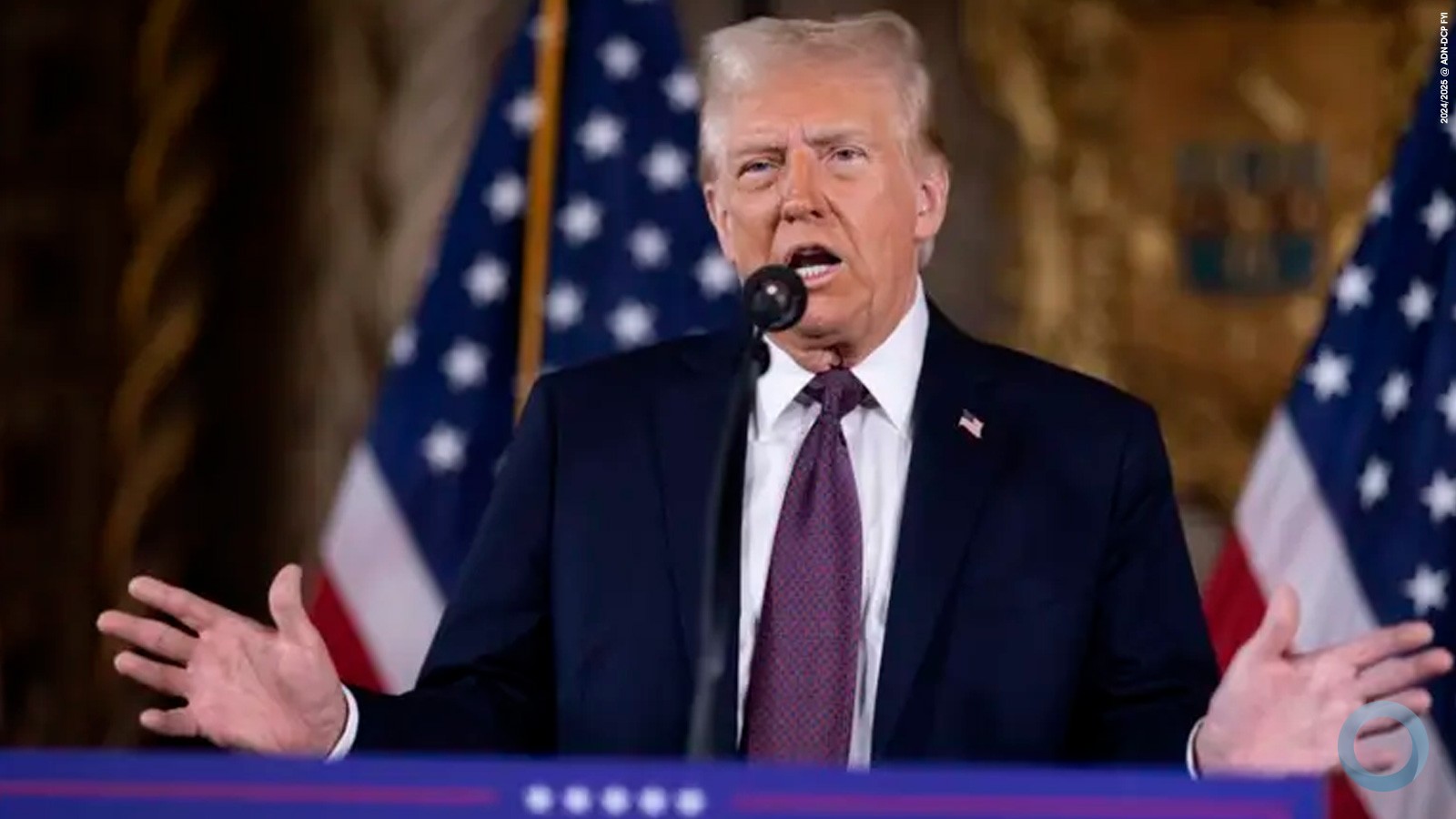About 1,300 people have been invited to attend the ceremony, including members of the Federation Council, State Duma deputies, members of the Government, the heads of the Constitutional and Supreme courts, regional governors, speakers of regional legislatures, the heads of traditional religious denominations, public activists, the heads of regional civic chambers and the heads of major media outlets.
* * *
President of Russia Vladimir Putin: Members of the Federation Council, State Duma deputies, fellow Russians,
The Presidential Address to the Federal Assembly is delivered at the very beginning of the year for the first time. We need to address large-scale social, economic and technological tasks facing the country more quickly and without delay.
Their content and guidelines are reflected in the national projects, whose implementation will require a new quality of state governance and work on the part of the Government and state bodies at all levels, as well as direct dialogue with citizens.
Our society is clearly calling for change. People want development, and they strive to move forward in their careers and knowledge, in achieving prosperity, and they are ready to assume responsibility for specific work. Quite often, they have better knowledge of what, how and when should be changed where they live and work, that is, in cities, districts, villages and all across the nation.
The pace of change must be expedited every year and produce tangible results in attaining worthy living standards that would be clearly perceived by the people. And, I repeat, they must be actively involved in this process.
Colleagues,
Russia’s future and historical perspective depend on how many of us there are (I would like to start the main part of my Address with demography), how many children are born in Russian families in one, five or ten years, on these children’s upbringing, on what kind of people they become and what they will do for the country, as well as on the values they choose as their mainstay in life.
There are nearly 147 million of us now. But we have entered a difficult, a very difficult demographic period. The measures we took starting in the mid-2000s have had a positive effect on demography. We have even reached a stage of natural increase. This is why we have more children at schools now.
However, new families are being created now by the small generation of the 1990s. And the birth rate is falling again. This is the main problem of the current demographic period in Russia.
The aggregate birth rate, which is the key index showing the number of births per woman, was only 1.5 in 2019, according to tentative estimates. Is this few or many? It is not enough for our country. It is approximately equal to the figure reported in many European countries. But it is not enough for Russia.
I can tell you by way of comparison that the figure was 1.3 in 1943, during the Great Patriotic War. It was only lower in the 1990s: 1.16 in 1999, lower even than during the Great Patriotic War. There were very few families with two children, and some couples had to put off starting a family.
I want to say once again that we are alarmed by the negative demographic forecasts. It is our historic duty to respond to this challenge. We must not only get out of this demographic trap but ensure a sustainable natural population growth by 2025. The aggregate birth rate must be 1.7 in 2024.
Demography is a sector where universal or parochial solutions cannot be effective. Each step we take and each new law or government programme we adopt must be scrutinised from the viewpoint of our top national priority – the preservation and increase of Russia’s population.
As we build a long-term policy to support families, it must be based on specific life situations. We need to look closely at difficulties faced by new families, families with many children or single-parent families.
The most sensitive and crucial issue is the opportunity to enrol one’s child in a day nursery. Earlier, we allocated funds from the federal budget to help the regions create 255,000 new places in day nurseries by the end of 2021. However, in 2018 to 2019, instead of 90,000, 78,000 new places were created, out of which only 37,500 places can actually be provided to kids. Other places are unavailable simply because an educational licence is still not obtained. This means that these nurseries are not ready to enrol children.
Governors, heads of other constituent entities, my dear colleagues, this is not how work is done. Come on! It means we have created 77,700 places that are still not fully available. Half of them cannot operate – and we must create 177,300 by 2021. I am asking you to do everything (although it will be very difficult now, however, it needs to be done) to close this gap. Once again, we must work across all areas of family support.
But there is a daunting challenge that directly threatens our demographic future and it is the low income of a significant part of our citizens and families.
According to various estimates, roughly 70 to 80 percent of low-income families are families with children. You are well aware of this. It often happens that even when not one but both parents work, the income of such a family is still very modest.
What decisions have already been made? From January 2020, families with incomes below two subsistence minimums per person will receive monthly benefits for their first and second child. Moreover, these benefits will be paid until the child reaches the age of three rather than 18 months as was the case before. The benefit amount will depend on the subsistence minimum in a specific region. The nationwide average is over 11,000 rubles per child per month. Once again, this is an average and depends on a specific region.
Additionally, with the support of the federal budget we have started paying benefits for the third child and subsequent children in 75 constituent entities, now including all regions in the Urals, Siberia and the Far East.
All of this amounts to substantial support. But the following thought has crossed my mind, and I believe that you also realise this. Parents stop receiving payments when their child turns three, and this means that their family can immediately face financial problems. To be honest, this is happening already. We must prevent this, especially since I realise that mothers often find it hard to combine working and caring for their children before they start school.
We know from the experience of our own children and grandchildren that they often fall ill. Their mothers are therefore unable to work. In this connection, I suggest we introduce monthly payments for children aged between three and seven starting already from January 1, 2020.
Who will be covered by this measure, and how is it supposed to function?
Families whose incomes do not exceed per-capita subsistence minimum will receive these payments. That is, it concerns families facing a very difficult situation.
To obtain these payments, they will only have to file an application and list their official legal incomes. I would like to note that this procedure must become as convenient and simple as possible, so that people would be able to apply without queuing and clearing hurdles. Or they should do this online on the relevant state website.
As I have already said, incomes may vary from region to region. First stage payments will amount to 5,500 rubles, or 50 percent of the subsistence minimum. But that is not all. We will have to analyse and assess the operation of this system. And we will take the next step, if we see that some families are unable to achieve the subsistence minimum while receiving 5,500 rubles. From 2021, we will pay the subsistence minimum in full, or over 11,000 rubles, that will vary from region to region. I repeat, the specific sums will vary, but on average it will amount to 11,000 rubles per child per month.
We will need substantial resources for implementing the proposed measure, and we will also have to adjust the federal budget. I ask the Government and members of the Parliament to do this as quickly as possible. The regions should also complete their share of regulatory work.
What else should we do equally quickly?
In my Address last year I said that we should expand the system of social contracts. It should become an individual programme whereby every low-income family will be able to increase their income and enhance their quality of life. Under these contracts, the state will make regular payments to such families, finance retraining and advanced training and help them to find employment or start a small business.
While providing comprehensive assistance to low-income people, society and the state have a right to expect them to take steps as well to deal with their problems, including finding employment and taking a responsible attitude to their children and other family members.
The regions are already introducing the mechanism of social contracts. But it is not sufficiently effective yet, and it is not helping much to fight poverty or to increase family incomes.
Therefore, first of all I would like to ask the Government to analyse the experience of the pilot projects and revise the principles of social contracts. Second, we must increase financial assistance to the regions so that all of them introduce this mechanism in 2021.
I would like all our colleagues, including the regional heads, to note that we will assess their performance not by the number of social contracts signed but by poverty decline figures.
Colleagues,
Back in 2006, I said the following in my Address to the Federal Assembly: “And now for the most important matter. Indeed, what I want to talk about is love.” It was then that I proposed launching the maternity capital programme aimed at helping the families that decided to have their second child.
This programme will expire on December 31, 2021. I know than many people wonder what the state will do after that. We will extend this programme to December 31, 2026 at the least. We must do this without fail. But this measure only is no longer enough.
We must support young people who are starting their families and, I am sure, dreaming about having children. In this sense, I would like to introduce new, additional decisions concerning the maternity capital, which should also come into effect on January 1, 2020.
Even when the first child is born, the family will have the right to the full amount of the maternity capital, which is 466,617 rubles after the indexation in January 2020. This is the sum that was paid when the second or the next child was born. This support will give families a chance to prepare for the birth of their second child.
But I believe that this is still not enough in today’s conditions, considering the demographic challenges Russia is facing. We can and must do even more. I suggest increasing the maternity capital by a further 150,000 rubles. Families will have the right to this additional money for the maternity capital when their second child is born.
This means that the total amount of the maternity capital for a family with two children will amount to 616,617 rubles. It will be indexed annually in the future.
At the same time I believe that if a family already has a child, we must provide the new, increased maternity capital when the second child is born, which is, as I have already said, 616,617 rubles.
Let me add that we have already made the decision that when the third child is born, the government pays 450,000 rubles towards the family’s mortgage loan. This means that overall a family with three children will be able to invest over one million rubles to solve their housing problems with the help of the government. In many regions, cities, and even regional capitals this amounts to almost half of the cost of a house or a flat.
Let me also remind you that a reduced mortgage interest rate, six percent per year, for families with two or more children has been extended for the entire time of the loan, which resulted in the number of people using this support measure growing almost 10-fold at once.
A social programme for young families has been launched in the Far East: mortgage loans at 2 percent interest rate. I ask the banks, and not just the banks with state capital, to become more actively involved in its implementation.
And here is another highly important matter. I have already mentioned a new payment for children aged between three and seven. But this is not all that we can and must do. Yes, when children start attending school, their parents, especially mothers, get more opportunities to work and earn an additional income. However, families have to pay more in order to send their children to school, they face extra problems, and we have to support them at that stage. In this connection, I suggest providing free hot meals to all primary school students from grade one through four.
I will not conceal the fact that we have had heated discussions on this subject. On the whole, some colleagues do not object, but they say that it would not be very fair that people with decent incomes and low incomes should receive the same amount of support from the state. They are not saying this because they do not want to support the children. Indeed, this argument has its own logic. But there is another logic that prevails in our society: everyone must have equal opportunities, and children and their parents who are often demeaned by the current situation must not think that they are even unable to feed their children.
I believe that this is very important for our society. Yes, they tell me that these benefits were not available even during the Soviet period, when there was large-scale social support for the people. But there was no great social stratification at that time either. I believe that this measure will be justified.
In order to provide free hot and, most importantly, healthy meals, I suggest channelling funding from three sources: the federal, regional and local budgets. But money is not the only thing that matters. We need to create the required infrastructure at schools, set up cafeterias and lunchrooms and put in place a system for supplying high-quality food. I would like to note that this was not done even during Soviet times, as I have already said. This, of course, will require time. But free hot meals must be provided starting from September 1, 2020 in those regions and schools that have the required level of technical equipment. I ask our colleagues to expedite this work. Primary school students must start receiving high-quality hot meals free of charge in all regions from September 1, 2023.
So colleagues, here is the point I want to make, in short. I would like to emphasise – all the steps we are taking are aimed at creating a streamlined, large-scale and, most importantly, an effectively working family support programme, so that people’s incomes, especially for those raising children, are high enough for a decent life.
Secondly, what I said at the beginning of the Address: the steps that we took in previous years in the field of demographic development have already brought results. They have yielded results back then: a large generation is growing up in Russia. I am referring to children who are in preschool and primary school now. It is very important that they adopt the true values ??of a large family – that family is love, happiness, the joy of motherhood and fatherhood, that family is a strong bond of several generations, united by respect for the elderly and care for children, giving everyone a sense of confidence, security, and reliability. If the younger generations accept this situation as natural, as a moral and an integral part and reliable background support for their adult life, then we will be able to meet the historical challenge of guaranteeing Russia’s development as a large and successful country.
Colleagues,
Supporting families and family values ??is always a forward-looking strategy addressing the generations that are to live in an age of tremendous technological and social changes, and something that will determine Russia’s fate in the 21st century. So, to have these new generations participate in creating this future even now, to have them fully reveal their potential, we must create the necessary conditions for them, primarily for every child in every region of Russia to get a good education.
In the middle of the coming decade, Russia will have about 19 million schoolchildren, which is 6 million more than in 2010. Some say it is too difficult to influence objective demographic processes, so it is unadvisable to channel large resources for demographic development. However, in reality, we can see direct evidence of the opposite: family support policies are working, and sometimes their results even exceed our wildest expectations. It is great that there are so many children in our schools again. On the other hand, this situation should not affect the comfort and quality of their learning.
I ask the Government to coordinate with the regions, consider the demographic and other factors, estimate how many more children the schools need to serve, and make the necessary changes to the Education National Project. That will require flexible solutions: not only to build more schools, but also to efficiently use the entire educational and other infrastructure we have for these purposes, as well as the benefits of modern technology for education.
Almost all schools in Russia have internet access now. In 2021, they should no longer just be connected, but have high-speed internet access to fully embrace the digital transformation in national education; teachers and students should have access to advanced educational programmes; individual approach to teaching should be practiced to reveal each child’s talents.
Our network of extracurricular technology and engineering centres is developing dynamically. Our children should also benefit from a modern environment for practicing music, art, and other forms of creativity.
Russia is allocating more than 8 billion rubles for equipment and musical instruments for children's art schools as part of the Culture National Project. But the problem is much wider. More than 1,000 art school premises are dilapidated and not fit for use as intended. I would like to ask the Government to help the regions improve them. And I ask the regional authorities not to forget that this is their responsibility.
Furthermore, a modern school implies forward-looking teaching staff enjoying high social status and prestige. By the middle of the next decade, the national professional advancement system should canvas at least half of the country's teachers, in the future including additional professional training, along with general education workers.
Class teachers are closest to their pupils. Their ongoing daily work including mentoring children and teaching them the right ways is a huge responsibility, and definitely requires special training and special support for these mentors. In this regard, I consider it necessary to introduce, from September 1, at least 5,000 rubles in additional payment to them financed from the federal budget.
There is a lot of controversy about this decision, because this is actually the responsibility of the regions. Those present in this room are well aware of this. But what is a class teacher? A mentor and supervisor, and those are federal functions.
But, of course, I would like to point this out: all current regional payments to class teachers should continue, colleagues; I am calling your attention to this. And I will definitely look at what will be happening in practice, in real life.
I pointed out more than once that the pay parameters for teachers, doctors and other public sector employees set out in the May 2012 Executive Orders must be strictly complied with. There is a reason why I keep returning to this subject. If we slacken control of this matter, this will create the temptation to neglect these provisions, as many of those present here know. This must not be allowed. I would like to emphasise that the issue concerns professionals working in the spheres of vital significance for society and the country, and they must receive good and fair pay for their work.
The number of school graduates will be increasing in the next few years. In light of this, we must ensure equal and fair access to free intramural university education. Therefore, I suggest that the number of university scholarships be increased every year. Moreover – what I am going to say next is very important, the priority in this matter must be given to regional universities, especially the regions that are lacking doctors, teachers and engineers.
Of course, we must not simply enrol more students but boost the development of regional universities with support from businesses and employers. In particular, we must strengthen their training, research and social infrastructure, as well as improve the system of training and advanced training of teachers for regional universities so that students receive up-to-date knowledge and can have successful careers in their regions.
The employment market is changing rapidly, with new professions appearing and higher requirements made to the existing ones. Our universities must be able to respond to these changes flexibly and quickly. I believe that third-year students must be offered an opportunity to choose a new path or curriculum, including related professions. This is not easy to do, but we must indeed do this. To ensure that talented and decent people play a major or leading role in our national development, we have launched the Russia – Land of Opportunity project. Over 3.5 million people have taken part in its competitions and Olympiads. We will continue to improve this system.
Colleagues,
Last year life expectancy in Russia exceeded 73 years for the first time, which is eight years longer than in 2000. This is the result of social and economic changes in Russia, the development of mass sports and promotion of healthy lifestyles. And, of course, the entire healthcare system made a significant contribution, especially the programmes of specialised, including high-tech aid, as well as maternity and childhood welfare and protection of health of mother and child.
The rate of infant mortality has reached a historic low. This indicator is even better than in some European countries. I am well aware that the public in many developed countries is very critical of the state of their national healthcare system, and you also know this. In fact, almost everywhere – no, everywhere – people criticise their healthcare system, however well organised it looks from here.
Still our achievements in this area show that if we set certain goals, we can achieve results. However, let me repeat this, people do not judge the healthcare system by figures and indicators. A person who has to travel dozens of kilometres to a polyclinic or spend a whole day waiting in line for an appointment with a specialist is not very interested in how life expectancy has grown on the average. People think about their lives, their health, about how to get high-quality and timely medical aid without obstacles and when they need it. This is why now we must focus our efforts on primary care, which all people and all families have to deal with. This is where we have the worst and most sensitive problems.
This year we are to fully complete the creation of a network of rural paramedic centres, as stipulated in the related national project. This does not mean, however, that all the problems of these rural paramedic centres have been settled. I would like to point out that the mission of these centres is not to make out prescriptions or refer patients to regional medical centres. Local specialists must be able to really help people by using modern equipment and high-speed internet. I would like to ask the Russian Popular Front to monitor the provision of equipment, construction and repair of rural paramedic centres.
On July 1 we will also launch a programme to modernise the system of primary healthcare. We will have to repair and provide new equipment to outpatient clinics, rural hospitals and first-aid stations in all our regions. We have allocated an additional 550 billion rubles for this purpose, more than 90 percent of which will come from the federal budget.
At the same time, I ask the regional authorities to find additional funds for providing housing to doctors and paramedics, in particular in villages, settlements and small towns, and to use all the available instruments towards this end, including employer-rented housing and private housing projects.
Training and recruitment are key elements of medical education. By 2024, all levels of healthcare, but first of all the primary healthcare level, must have the necessary number of specialists. In this connection, I suggest that the admission procedure to medical universities be changed significantly. For example, 70 percent of scholarships in the field of general medicine and 75 percent in paediatrics will be awarded to prospective students who will return to their native regions upon graduation. The quotas will be distributed based on requests filed by the regions, which must subsequently provide employment to the graduates who must be able to work where people need their services.
As for residency training, I suggest that almost 100 percent of scholarships be given to medical graduates in critically important spheres. Priority during enrolment will be given to those with practical experience in the field of primary healthcare, especially in rural areas. This system should be also stipulated for federal medical centres.
And lastly, just as we agreed, a new system of remuneration will be gradually introduced in healthcare starting this year. It is based on clear, fair and understandable rules, with a fixed share of salary in the overall income and a uniform list of compensation payments and commercial incentives for all regions.
I am aware that the implementation of all these goals requires extensive resources. If you go back to where I started, every goal needs a great deal of money. In this regard, I ask the Government to once again consider identifying priorities for our development while retaining the budget’s stability. This is an advantage we have achieved in the past few years, and we must maintain it.
I know that last year a number of regions saw a disruption in medication supplies as the regions’ purchases were not made, with certain officials treating it as if it were some sort of office supplies purchases claiming it was not a big deal and new tenders would be announced. But people were left without essential and vitally important medications. I should point out that such cases must never happen again.
This year, efforts will be made to launch an integrated comprehensive register of recipients of medications that are provided to citizens free of charge or with a considerable discount through a federal or regional subsidy to avoid any confusion in this regard in the future.
Also, certain legislative decisions have already been adopted that will allow for official and centralised imports of certain medications to Russia that are yet to receive regulatory approval. I ask the Government to promptly organise this work so that people, particularly the parents of sick children, do not find themselves in a desperate situation when they cannot legally find the necessary medications.
Control over pharmaceutical drugs will also significantly change. It will be tightened both at pharmaceutical companies and during all stages of medication circulation, including at pharmacy networks.
Colleagues,
In recent years, we have focused on strengthening macroeconomic sustainability, and it is something I just mentioned. The federal budget has had a surplus again. Our government reserves confidently cover our gross external debt. And here I am not talking about some abstract or theoretical indicators – I would like to emphasise that these figures are directly influencing the life of each and every person in our country, and have to do with the fulfilment of our social commitments. We can see the problems, even shocks that citizens of other states face, where government had no such cash cushion and their financial position turned out to be unstable.
The consistent work of the Government and the Bank of Russia has led to a stabilisation of prices. Last year, inflation stood at 3 percent, which is below the target level of 4 percent. True, the prices of certain goods and services have risen slightly, but overall, I repeat, inflation is at a predictably low level. The situation fundamentally differs from what it was five or ten years ago, when double-digit inflation was a tax on all citizens of the country, being an especially hard burden for those on a fixed salary or pension – retired people and workers in the public sector.
Now, relying on a stable macroeconomic foundation, we need to create conditions for a substantial increase in people’s real incomes. Again, this is the most important responsibility of the Government and the Central Bank. To meet it, the national economy needs structural changes and higher efficiency. In 2021, Russia's GDP growth rates should be higher than the global ones.
To have this kind of dynamics, it is necessary to launch a new investment cycle, to seriously increase investment in the creation and upgrading of jobs, in infrastructure, in the development of industry, agriculture and the services sector. Starting this year, annual investment growth should be at least 5 percent, and investment share in the country's GDP, 25 percent by 2024 from the current 21 percent.
What needs to be done to encourage investment?
First of all, we agreed not to change the tax treatment for businesses over a period of the next six years and thus provide a wider horizon for investment planning. The deputies and the Government should speed up the adoption of a package of draft laws on protecting and promoting investment. As you are well aware, tax treatment for major important projects should remain unchanged for up to 20 years, and the requirements and standards for building production sites should remain the same for three years. These investor guarantees should become standard law.
Of course, in addition to major projects, small- and medium-sized businesses’ initiatives should be supported as well. Today, the regions are entitled to provide an investment-based tax deduction and a three-year revenue tax break, but they rarely use them. It is clear why: they do so because regional budgets thus lose revenue. In this regard, we would like federal funds to compensate the regions for two-thirds of the lost revenue stemming from the use of an investment-related tax deduction.
Second, the reform of the oversight and supervisory activities must be completed in 2020, and businesses should thus see improvements in their operating environment.
Third, I have already submitted to the State Duma the amendments to remove vague criminal law provisions in part related to so-called frauds. Thus, entrepreneurs have repeatedly mentioned Article 210 of the Criminal Code, under which any company whose senior executives violated the law could qualify as an organised criminal group, meaning that almost all of its employees were liable. Tougher restrictive measures and punishment were put in place. Law enforcement agencies will henceforth be required to prove that an organisation or a company was initially deliberately created with an illegal purpose in mind.
Fourth. It is estimated that as soon as this summer the foreign currency reserves of the National Welfare Fund will pass the mark of 7 percent of GDP. We have accumulated these reserves to guarantee our stability and security, which means we can invest our additional revenue in development and the national economy.
Cost-effective projects that remove infrastructure restrictions for our territories must become our priority. This includes bypass roads for big cities, arterial roads between regional capitals and exit roads to federal motorways. These projects will inevitably bring about the growth of small businesses, tourism and social activity in the regions and locally.
Fifth. For investment to grow steadily, our economy needs long-term money. We all know this very well. This is a direct responsibility of the Central Bank. I appreciate its consistent course for making loans for the real sector of economy more accessible.
Of course, businesses, companies (especially large ones) must remember about their social and environmental responsibility. I would like to thank our parliament members for demonstrating integrity during their work on the emission quota law.
Obviously, it is necessary to act upon our plans faster. Our next steps include testing and implementing the air quality monitoring system and subsequently expanding this control system to cover the entire country. It is necessary to monitor not only the condition of air but also water and soil – that is, to develop a comprehensive environmental monitoring system.
Next. By the end of this year, at least 80 out of the 300 largest industrial facilities must complete the transition to best available technology and obtain complex environmental permits, which means a consistent reduction of hazardous emissions. Sixteen permits have been issued as of now but overall this work is on schedule. No matter what, we must not allow any disruptions here. It is necessary to drastically cut the amount of waste ending up in landfills, implement waste sorting and generally move towards the circular economy. By 2021, we must already launch the mechanism of extended producer responsibility when producers and importers of goods and packaging are responsible for recycling costs. To put it simply, contaminators must pay.
Colleagues,
I would like to stress that Russia is ready to support Russian and foreign scientists’ joint research on ecology, climate change, environmental and ocean pollution. These are global development challenges shared by everyone.
Today the speed of technological change in the world is increasing manifold, and we must create our own technologies and standards in areas that define our future, such as, first of all, artificial intelligence, genetics, new materials, energy sources and digital technology. I am confident that we can reach a breakthrough here, as we did in defence. I will speak about this later.
In order to solve difficult technological tasks, we will continue to develop research infrastructure, including megascience-class facilities. I am sure that an opportunity to work with unique equipment and tackle the most ambitious tasks will encourage talented young people to work in science. This is already happening. According to estimates, by the middle of the decade every second scientist in Russia will be under 40.
We should give researchers, engineers and entrepreneurs the freedom they need to do their work and to conduct innovative scientific research. I ask the Government and State Duma deputies to fast-track the discussion of the technological legislative package. This year we must launch a flexible mechanism of experimental legal modes to design and introduce new technologies in Russia and establish up-to-date regulation of the big data turnover.
Next, we should establish a mechanism of social support for direct and venture finance tools based on the best global practices. The technological entrepreneur should have the right to take a risk, so that failing to implement an idea will not automatically mean inappropriate use of funds and a possible criminal prosecution. I mean that we should establish such legal and financial conditions that as many start-ups and pioneer teams as possible could become strong and successful innovative companies.
We need to support the export of high-tech products and, of course, to boost domestic demand for innovative products. In this context, I believe it would be right to fast-track the digital transformation of the real economy. A requirement should be set that national projects are largely carried out using domestic software.
We have already put in place, say, major digital television infrastructure, which, in terms of its technical characteristics, is one of the most advanced in the world. Currently, the digital television coverage in Russia is more expanded than, for example, in France, Austria or Switzerland.
The internet has become a must-have for people today. Russia is one of few countries in the world which has its own social networks, messengers, e-mail and search engines and other national resources.
Given all the things I’ve just mentioned, I suggest that the Affordable Internet project be developed and carried out and that free access to socially important domestic internet services be available across Russia. I repeat that in this case people will not have to pay for the internet service, for internet traffic.
Colleagues,
The high availability of the internet should become Russia’s and our citizens’ competitive advantage and create, across the board, an environment conducive to education, creative work, communications and the implementation of social and cultural projects. Of course, this means new opportunities for people to get involved in the life of the country. We appreciate every creative initiative of our citizens, public associations, non-profit organisations, as well as their willingness to contribute to national development.
It is very important that the volunteer movement is becoming more popular, and it unites schoolchildren, university students, and people of different generations and ages. The Victory Volunteers project embodies the tradition of mutual assistance and respect for older generations and our history.
This year, we will celebrate the 75th anniversary of Victory in the Great Patriotic War. For Russia, May 9 is the greatest and sacred holiday. We are proud of the generation of victors and honour their feat, and our memory is not only a tribute to our heroic past, but it also serves our future, inspires us and strengthens our unity.
It is our duty to defend the truth about the Victory; otherwise what shall we say to our children if a lie, like a disease, spreads all over the world? We must set facts against outrageous lies and attempts to distort history. Russia will create the largest and most complete set of archival documents, film and photo materials on the Second World War, accessible both for our citizens and for the whole world. This work is our duty as a winning country and our responsibility to the future generations.
Colleagues,
We can see how unpredictably, uncontrollably events are developing in the world, what is happening in the Middle East and North Africa literally in recent weeks and recent days, how regional conflicts can rapidly grow into threats to the entire international community.
I am convinced that it is high time for a serious and direct discussion about the basic principles of a stable world order and the most acute problems that humanity is facing. It is necessary to show political will, wisdom and courage. The time demands an awareness of our shared responsibility and real actions.
The founding countries of the United Nations should set an example. It is the five nuclear powers that bear a special responsibility for the conservation and sustainable development of humankind. These five nations should first of all start with measures to remove the prerequisites for a global war and develop updated approaches to ensuring stability on the planet that would fully take into account the political, economic and military aspects of modern international relations.
Russia is ready to enhance cooperation with all interested parties. We are not threatening anyone or seeking to impose our will on anyone. At the same time, I can assure everyone that our efforts to strengthen national security were made in a timely manner and in sufficient volume. For the first time ever – I want to emphasise this – for the first time in the history of nuclear missile weapons, including the Soviet period and modern times, we are not catching up with anyone, but, on the contrary, other leading states have yet to create the weapons that Russia already possesses.
The country's defence capability is ensured for decades to come, but we cannot rest on our laurels and do nothing. We must keep moving forward, carefully observing and analysing the developments in this area across the world, and create next-generation combat systems and complexes. This is what we are doing today.
Reliable security creates the basis for Russia’s progressive and peaceful development and allows us to do much more to overcome the most pressing internal challenges, to focus on the economic and social growth of all our regions in the interest of the people, because Russia’s greatness is inseparable from dignified life of its every citizen. I see this harmony of a strong power and well-being of the people as a foundation of our future.
Colleagues,
We can move towards this goal only with the active participation of society, our citizens and, of course, intense and productive work of all branches and levels of government, the potential of which should be expanded.
In this regard, I would like to spend a moment discussing state structure and domestic policy, which are defined by the Fundamental Law of our country – the Constitution of the Russian Federation. I keep getting these questions all the time, including at the most recent annual news conference.
Clearly, we cannot but agree with those who say that the Constitution was adopted over 25 years ago amidst a severe internal political crisis and the state of affairs has completely overturned since then. Thank goodness, there is no more armed confrontation in the capital or a hotbed of international terrorism in the North Caucasus.
Despite a number of acute unsolved problems that we talked about today, the socioeconomic situation has stabilised, after all. Today some political public associations are raising the issue of adopting a new Constitution.
I want to answer straight off: I believe there is no need for this. Potential of the 1993 Constitution is far from being exhausted and I hope that pillars of our constitutional system, rights and freedoms will remain the foundation of strong values for the Russian society for decades to come.
In the meantime, statements regarding changes to the Constitution have already been made. And I find it possible to express my view and propose a number of constitutional amendments for discussion, amendments that, in my opinion, are reasonable and important for the further development of Russia as a rule-of-law welfare state where citizens’ freedoms and rights, human dignity and wellbeing constitute the highest value.
Firstly, Russia can be and can remain Russia only as a sovereign state. Our nation’s sovereignty must be unconditional. We have done a great deal to achieve this. We restored our state’s unity. We have overcome the situation when certain powers in the government were essentially usurped by oligarch clans. Russia has returned to international politics as a country whose opinion cannot be ignored.
We created powerful reserves, which multiplies our country’s stability and capability to protect its citizens’ social rights and the national economy from any attempts of foreign pressure.
I truly believe that it is time to introduce certain changes to our country’s main law, changes that will directly guarantee the priority of the Russian Constitution in our legal framework.
What does it mean? It means literally the following: requirements of international law and treaties as well as decisions of international bodies can be valid on the Russian territory only to the point that they do not restrict the rights and freedoms of our people and citizens and do not contradict our Constitution.
Second, I suggest formalising at the constitutional level the obligatory requirements for those who hold positions of critical significance for national security and sovereignty. More precisely, the heads of the constituent entities, members of the Federation Council, State Duma deputies, the prime minister and his/her deputies, federal ministers, heads of federal agencies and judges should have no foreign citizenship or residence permit or any other document that allows them to live permanently in a foreign state.
The goal and mission of state service is to serve the people, and those who enter this path must know that by doing this they inseparably connect their lives with Russia and the Russian people without any assumptions and allowances.
Requirements must be even stricter for presidential candidates. I suggest formalising a requirement under which presidential candidates must have had permanent residence in Russia for at least 25 years and no foreign citizenship or residence permit and not only during the election campaign but at any time before it too.
I know that people are discussing the constitutional provision under which one person cannot hold the post of the President of the Russian Federation for more than two consecutive terms. I do not regard this as a matter of principle, but I nevertheless support and share this view.
I have already said before that our goal is to ensure high living standards and equal opportunities for all throughout the country. It is towards this goal that our national projects and development plans are aimed.
At the same time, you know about the problems to do with education, healthcare and other fields created by a divide between the federal and municipal authorities – I have pointed this out more than once. This divide and, at the same time, the complex system of powers are having a negative effect above all on the people.
The rights, opportunities and guarantees, that are legally equal for all citizens, are not provided equally in different regions and municipalities. This is unfair to people and is directly threatening our society and national integrity.
I believe that the Constitution must seal the principles of a unified system of public authority and effective interaction between the federal and municipal authorities. At the same time, the powers and practical opportunities of the local governments, a body of authority that is closest to the people, can and should be expanded and strengthened.
And lastly, the state must honour its social responsibility under any conditions throughout the country. Therefore, I believe that the Constitution should include a provision that the minimum wage in Russia must not be below the subsistence minimum of the economically active people. We have a law on this, but we should formalise this requirement in the Constitution along with the principles of decent pensions, which implies a regular adjustment of pensions according to inflation.
Fourth, Russia is a huge country, and every region has its specifics, problems and experience. Of course, this must be taken into account. I believe it is necessary to cardinally increase the role of governors in decision-making at the federal level. As you know, back in 2000 the State Council was restored at my initiative, where the heads of all regions participate. Over the past period the State Council has proven its high effectiveness; its working groups provide for the professional, comprehensive and qualified examination of issues that are most important for people and Russia. I believe it would be appropriate to fix the status and role of the State Council in the Russian Constitution.
Fifth, Russian society is becoming more mature, responsible and demanding. Despite the differences in the ways to address their tasks, the main political forces speak from the position of patriotism and reflect the interests of their followers and voters.
At the same time, almost all the parties represented in the State Duma – and you know that I have regular meetings with their leaders – believe that the Federal Assembly is ready to take more responsibility for forming the Government. (Applause.) I expected this round of applause, but I think you will have another opportunity for applause now; please listen until the end.





